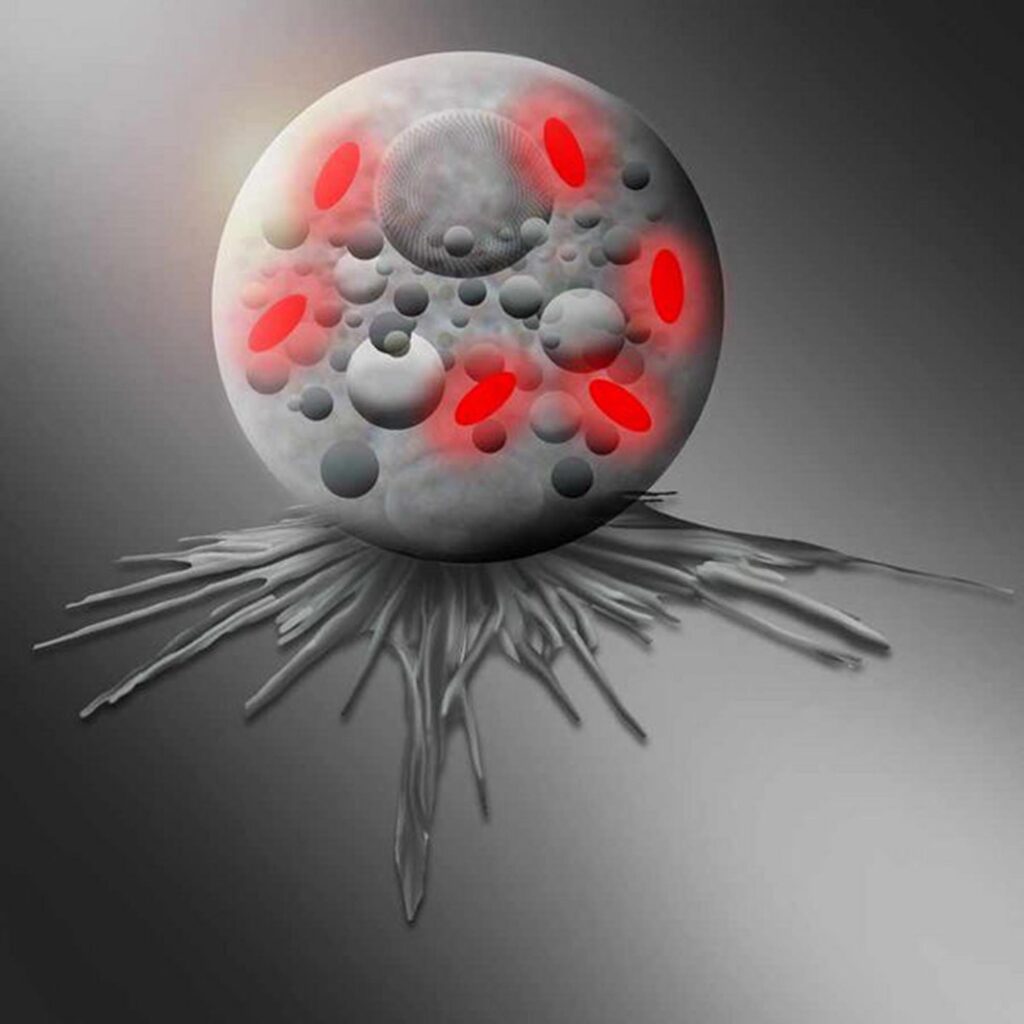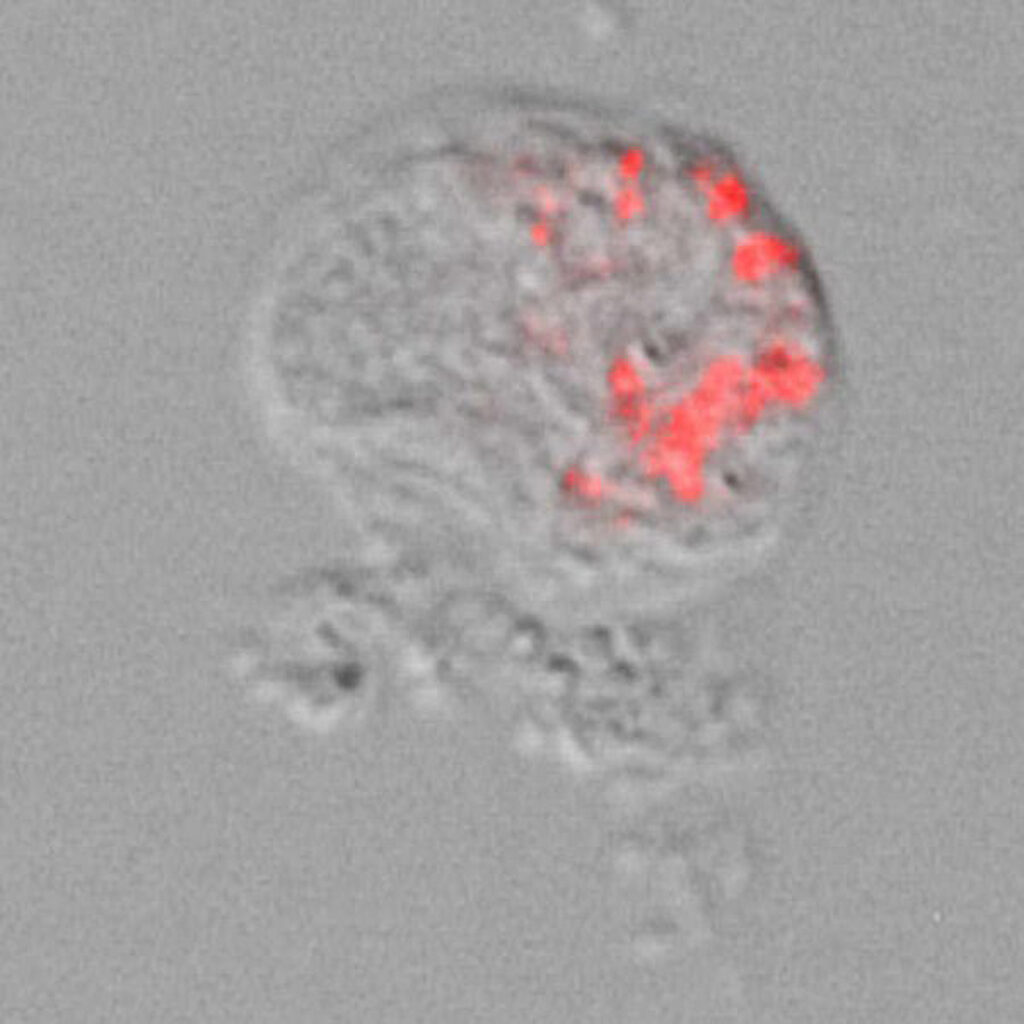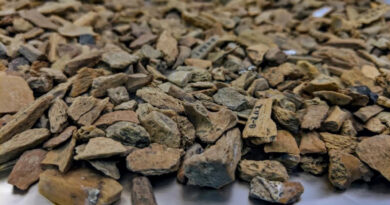Researchers Name Newly Discovered Bacteria After Pokemon Series
A newly-discovered bacteria closely related to lung parasites has been named ‘Pokemonas’ after the iconic Japanese video game and TV series franchise.
A research team from the University of Cologne in Germany discovered previously undescribed bacteria in amoeba that are related to the fatal pulmonary Legionnaires’ disease.
Because the bacteria live in the spherical amoebas, similar to Pokemon creatures which are caught inside balls in the popular animated series and video game, the researchers from the Institute of Zoology decided to name one of the newly discovered bacteria ‘Pokemonas’.

Bacteria of the Legionellales order have long been the subject of scientific interest because they often cause fatal lung diseases in humans and animals, such as the pneumonia-type illness called Legionnaires’ disease, which is caused by the Legionella pneumophila species.
Legionellales bacteria live and multiply as intracellular parasites in host cells such as amoebae.
Researcher Marcel Dominik Solbach said: “We wanted to screen amoebae for Legionellales and chose a group of amoeba for our research that had no close relationship to the hosts that were previously studied. The choice fell on the amoeba group Thecofilosea which is often overlooked by researchers.”
Thus the scientists were able to detect various Legionellales species in Thecofilosea amoebae from environmental samples including two previously undescribed genera and one undescribed species from the genus Legionella.

The researchers named one of the bacteria genera ‘Pokemonas’ which is a wordplay based on the video game and TV show franchise Pokemon since the show celebrates its 25th anniversary this year.
According to the scientists, the name alludes to the intracellular lifestyle of the bacteria in the ball-shaped Thecofilosea amoebae similar to how little monsters are caught in balls in the Pokemon series.
Project leader Dr Kenneth Dumack said: “The results show that the range of known host organisms of these bacteria is considerably wider than previously thought. In addition, these findings suggest that many more amoebae may serve as hosts for Legionellales and thus potentially as vectors of disease. To investigate this further we are now sequencing the complete genome of these bacteria.”
The research team is hoping that their findings will help better understand how Legionellales bacteria are related to each other and clarify their interactions with their hosts as well as the routes of infection in order to prevent disease outbreaks in humans.
The results of their research have been published in the journal Frontiers in Cellular and Infection Microbiology.



